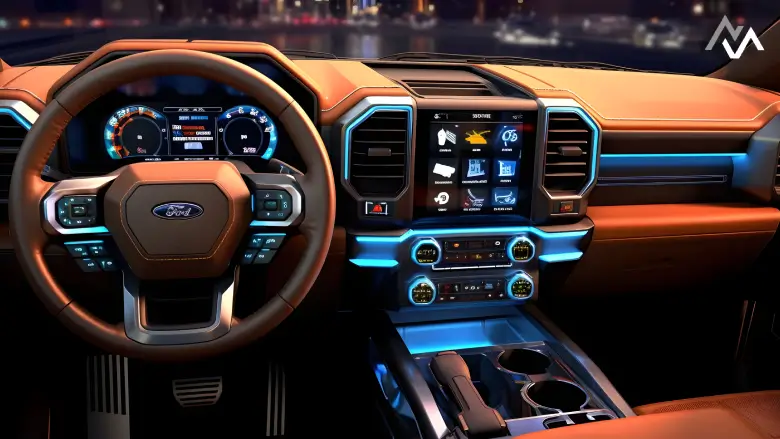The Future of Cars: Exploring the Top 10 Technological Trends

The automotive industry is on the brink of a technological revolution, where vehicles are set to become more than just a mode of transport. As we navigate through the 21st century, the intersection of innovation and mobility is shaping the future of cars. Here, we explore ten groundbreaking technological trends that promise to redefine the driving experience.
1. Autonomous Vehicles
Self-driving cars are no longer a futuristic fantasy but a rapidly approaching reality. With advancements in AI and sensor technology, autonomous vehicles are set to transform urban mobility by providing safer and more efficient travel options. Companies like Tesla, Waymo, and Uber are leading the charge in making self-driving cars mainstream.
2. Electric Powertrains
The shift from internal combustion engines to electric powertrains is gaining momentum. Electric vehicles (EVs) are becoming increasingly popular due to their environmental benefits and lower running costs. Innovations in battery technology, such as solid-state batteries, are enhancing EV range and charging times, making them a viable alternative to traditional vehicles.
3. Connected Cars
Connected cars are becoming the norm, equipped with the internet of things (IoT) technology that allows vehicles to communicate with each other and with infrastructure. This connectivity enables real-time traffic updates, remote diagnostics, and enhanced safety features, ensuring a seamless driving experience.
4. Advanced Driver Assistance Systems (ADAS)
ADAS technologies are revolutionizing vehicle safety and driver comfort. Features such as adaptive cruise control, lane-keeping assistance, and automatic emergency braking are becoming standard in modern cars, reducing the risk of accidents and making driving more enjoyable.
5. Augmented Reality Dashboards
Augmented reality (AR) dashboards are set to enhance driver awareness and engagement. By overlaying critical information, such as navigation and speed limits, onto the windshield, AR dashboards minimize distractions and provide a more intuitive driving experience.
6. Vehicle-to-Everything (V2X) Communication
V2X communication is a game-changer for road safety and traffic management. By enabling vehicles to communicate with each other and surrounding infrastructure, V2X technology helps prevent collisions, optimize traffic flow, and improve overall road safety.
7. Shared Mobility Services
The rise of shared mobility services, such as ride-hailing and car-sharing platforms, is reshaping urban transportation. These services offer cost-effective and convenient alternatives to car ownership, reducing congestion and promoting sustainable mobility.
8. Sustainable Materials
Sustainability is at the forefront of automotive innovation, with manufacturers opting for eco-friendly materials in vehicle production. From recycled plastics to organic fabrics, the use of sustainable materials is reducing the environmental impact of car manufacturing.
9. Hyper-Personalization
The future of cars is hyper-personalization, where vehicles can be tailored to individual preferences. From customizable interiors to personalized infotainment systems, technology is enabling a driving experience that caters to the unique needs and tastes of each driver.
10. Flying Cars
While flying cars still sound like science fiction, they are inching closer to reality. Advances in aerodynamics and propulsion systems are paving the way for urban air mobility solutions that could alleviate traffic congestion and revolutionize travel.
Embracing the Future
As these technological trends continue to evolve, the future of cars looks promising and exciting. From enhanced safety features to sustainable practices, the automotive industry is poised to deliver a driving experience that is safer, smarter, and more sustainable than ever before.




